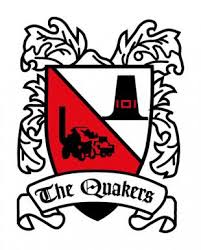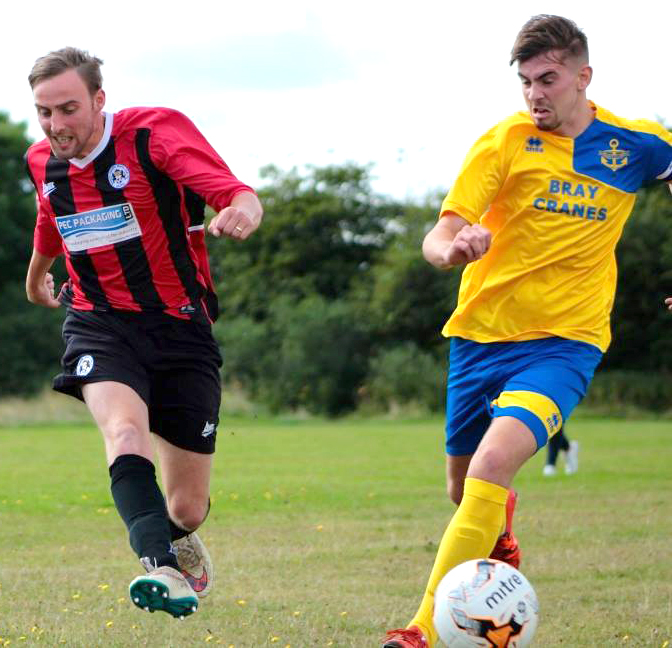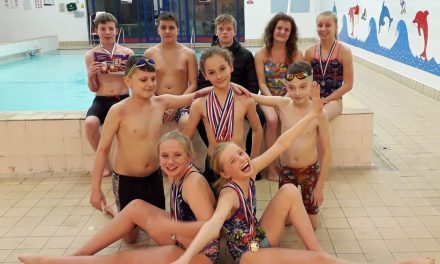Darlington manager Tommy Wright will now be able to track his players on the field, using a state-of-the-art GPS system. The club has been donated an Integrated GPS Bionics system, which will help the management team assess a player’s performance during a game, in whatever position he plays. In particular, it can measure what distance a player has covered, and how many sprints he has made – there are around 100 different features in the system, which can also measure wellness and injuries. Director John Woolnough, who has come across the system when he worked for the NBA and NHL in the United States and donated it to the club, said; “It’s an area which is essential in the modern game and one in which the benefits can be felt in the short and the long term as we build up our knowledge in the area of football analytics.” Manager Tommy Wright points out that some clubs in our league use GPS systems, and that its use is common throughout the levels above us, and says; “There are all sorts that Whitey and I can do with this. As well as assessing a player’s fitness, there’s a psychological factor as well, because a player knows that he’s being monitored, and if he asks questions, then we’ve got the hard evidence to back up what we say.” There were some interesting facts to come out of Saturday’s game. The player who ran the furthest was Tom Elliott 11.71 km, and the fastest sprinter was Harvey Saunders, at 9.19 metres per second . Quakers face one of their longest trips of the season on Saturday to their old Football League rivals, Hereford.
Darlo F.C. News










